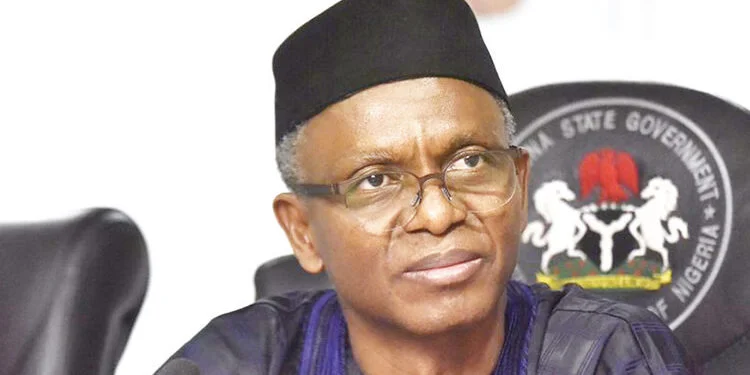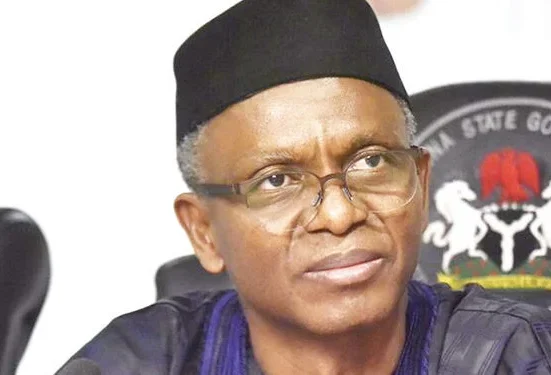In a bold move that reflects growing discontent within Nigeria’s political class, a former governorship aspirant has opened up on his decision to dump the All Progressives Congress (APC), citing entrenched godfatherism as the core reason behind his exit. Speaking to journalists in Abuja, the politician, whose name is being widely circulated in political circles, said his departure from the ruling party was driven by the need to establish a new political path where merit, vision, and grassroots participation not political puppeteering dictate leadership choices.
He described godfatherism as a cancer eating deep into Nigeria’s democratic process, particularly within dominant parties where candidates are often handpicked by influential power brokers rather than chosen through fair, competitive processes. “I didn’t join politics to be anyone’s political errand boy. I joined to serve my people with integrity and to lead based on ideas, not instructions whispered behind the scenes,” he stated.
The former APC stalwart revealed that his new movement would champion internal democracy, inclusivity, and the active participation of young Nigerians who are tired of recycled leadership and backroom deals. He emphasized that Nigeria’s political space must evolve beyond the culture of endorsements and imposition if the country is to experience true progress.
While refusing to name the political platform he intends to join or establish, he confirmed ongoing consultations with like-minded Nigerians across regions and political divides. He hinted that a formal declaration would be made soon.
This development adds to the wave of defections and realignments sweeping across the nation ahead of the 2027 general elections. As the ruling party faces internal friction and external criticism over its handling of the economy and national security, political actors are increasingly positioning themselves as alternatives to the old order.
Political analysts believe that a credible third force—if built on solid ideology and national consensus—could disrupt the traditional two-party dominance and inject new energy into Nigeria’s evolving democratic landscape.

